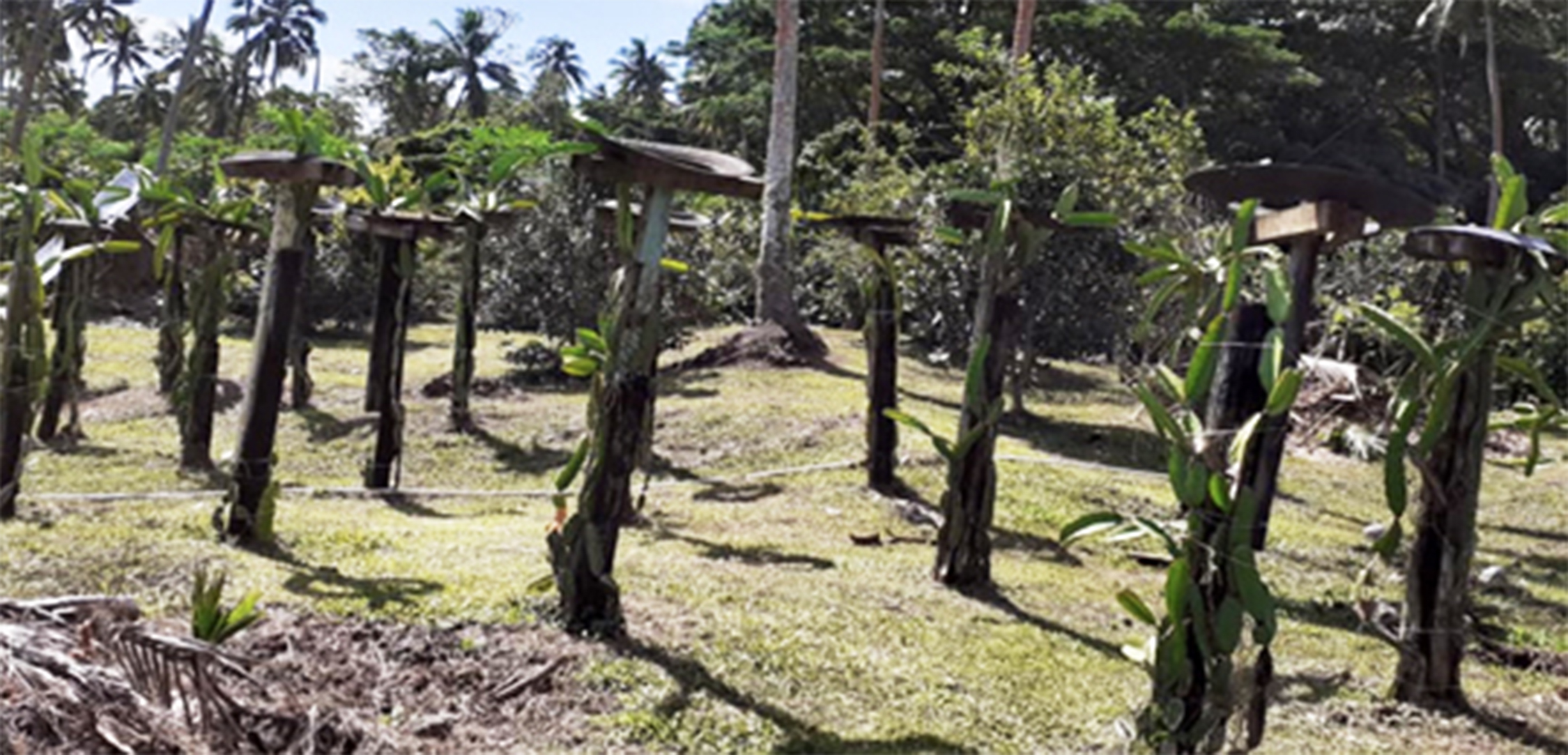June 2020
TRTC Calls For Stronger Partnerships Between Governments & Development Partners
 Dragon Fruit Orchard in Tutu Rural Training Centre
Dragon Fruit Orchard in Tutu Rural Training Centre
The Garden Island of Taveuni is home to Fiji’s successful Tutu Rural Training Centre (TRTC).
Established in 1969 by the Society of Mary, the institution specialize in non-formal education for self-employment in agriculture, and while the economic impacts of these trainings have seen graduates turnover more than a total annual income of FJD$1.24m, classes have stopped following the global pandemic.
“Our courses for young farmers and farming couples has been differed until the situation is normal,” said Father Petero Matairatu, director of TRTC.
“The impacts surrounding the pandemic has not only seen reduced support from extension services but it has also created additional work for staff who are monitoring the kava farms of our students.”
He said: “These farms have more than 50, 000 kava plants and we expect that as time moves on, land tenure will be a future impact as more farmers return to their communities.”
“That’s in addition to shortage of seedlings, planting materials, the changing market dynamics and reduced sales. The concern for us is the nutritional aspect of farming which we see the focus will now move towards commodities and less on food for the families while the middle man determines the price.”
TRTC is creating nurseries for planting materials as part of key strategies to mitigate the threats of the coronavirus pandemic.
“We’re covering a lot of work on the ground and we’re also looking to re-strategize the focus on livelihoods and food security but we can’t do this alone.”
Father Petero said:“While farmer organisations are strengthening small holder farmers towards food security, governments need to increase extension services, set the price ceiling and further promote sustainable farming practices.”
TRTC has to date participated in emergency and disaster relief efforts and advise the public to act local and think global.
